“Supporting quality journalism, combating disinformation, the safety of journalists, journalistic investigations, media self-regulation, and gender equality are the main areas of activity of International Media Support, one of the largest media support organizations in the Scandinavian region,” says media expert Roman Kifliuk, an IMS consultant for Ukraine.
However, Roman adds that the IMS is not a donor organization in its classical sense; this organization itself applies for various grants and then distributes those grants in other countries.
The IMS was created more than 20 years ago in Denmark. The organization supports media in more than 30 countries. First of all, support is provided to countries where military conflicts arise and where there is a threat to the professional activity of journalists. Now, Ukraine also receives IMS support.
“Journalistic investigations on the ground are relevant and a priority for support,” says Roman. “Currently, Ukraine receives a large amount of aid, it is planned to continue to receive a lot of funds for reconstruction. The IMS provides support for journalistic investigations, especially on the ground. And, if you are not engaged in such an activity, I would advise you to seriously consider the possibility of developing investigative journalism.”
There is also such a branch as ’emergency.’
The editor-in-chief of the Obrii Iziumshchyny newspaper/secretary of the National Union of Journalists of Ukraine (NUJU), Kostiantyn Hryhorenko from the Kharkiv Region and some other local Ukrainian publications have the experience of receiving the aforementioned support from the IMS.
These were funds for relocation, purchase of equipment, and support for journalists who found themselves in a dangerous or difficult situation. Although these are small funds, with their help, it was possible to work for a certain time to support one’s professional activities.
Funds were also provided from this fund for the creation of the Lviv Media Hub by the Lviv Media Forum. Journalists who were either staying in Lviv or were traveling there were received there.
The idea of the Coalition To Fight Disinformation project is not only to find effective tools to fight against disinformation but also to share this experience with other countries.
We see how much russian propaganda and disinformation have affected the situation in the large-scale war in Ukraine. So, now Ukraine has tremendous experience in fighting disinformation, and it is necessary that this experience helps other countries so that what happens in our country does not happen to them. Ukrainian journalists have the opportunity to publish materials on this issue not only in Ukraine but also abroad.
International training program in the development of media self-regulation, in which Ukraine participates among thirty other countries. Currently, the program is aimed at media regulation, co-regulation, and self-regulation in the context of European integration. It creates an opportunity to attract more players from the state so that not only the public sector but also the media can see how self-regulation and other tools are developing in European countries. It is important that state representatives gain some experience and see how media regulation tools work in other countries.
The Fund for Assistance to Journalists finances the program for mental support of journalists, which is implemented by the Suspilnist Foundation.
The war affected everyone. Currently, editors and journalists do not have the opportunity to rest from war-related information, so there is burnout; it even happens that people leave the profession.
Together with the Union of Danish Journalists through the Suspilnist Foundation, we provide mental help to media people. Several newsrooms have already received systematic psychological help, and individual journalists can also receive it.
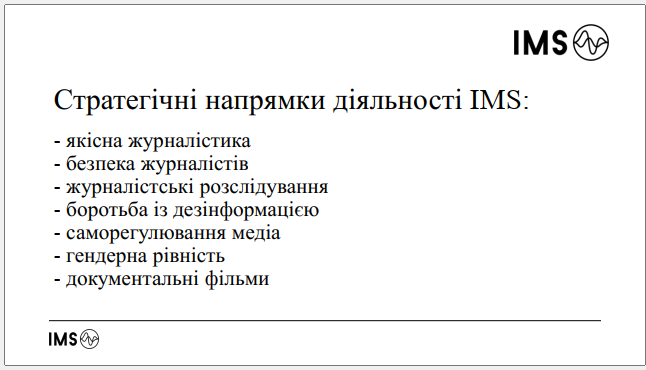
Olha Voitsekhivska, Journalist of Ukraine

 THE NATIONAL UNION OF
JOURNALISTS OF UKRAINE
THE NATIONAL UNION OF
JOURNALISTS OF UKRAINE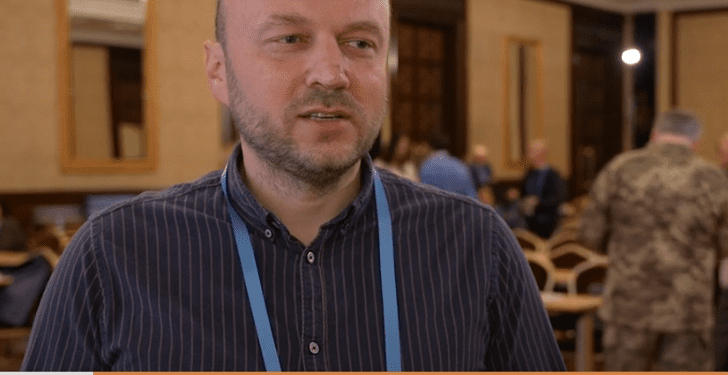
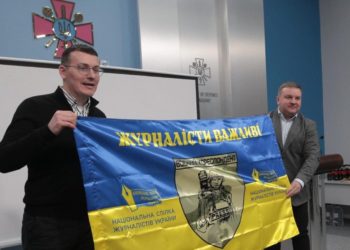
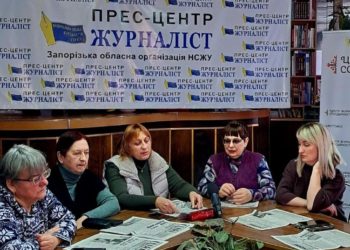
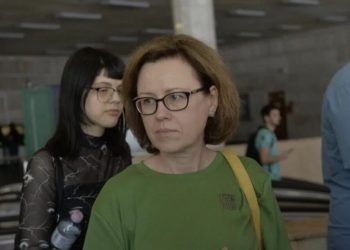













Discussion about this post